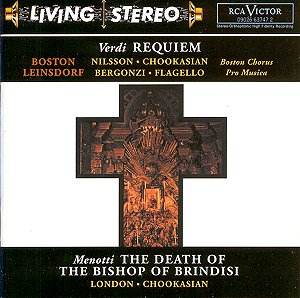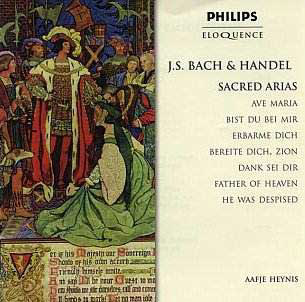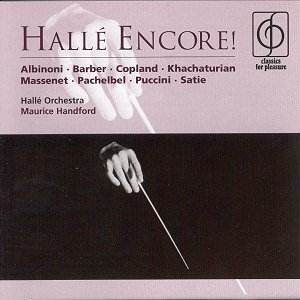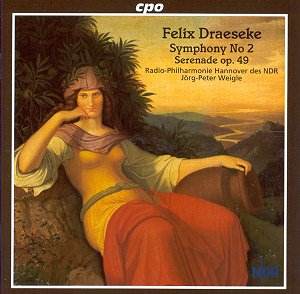 Composer: Giuseppe Verdi
Composer: Giuseppe Verdi
Works: Messa da Requiem, The Death of the Bishop of Brindisi, Gurre-Lieder (Interlude, Song of the Wood-Dove)
Performers: Birgit Nilsson (soprano), Lili Chookasian (mezzo), Carlo Bergonzi (tenor), George London (bass), Ezio Flagello (bass), Boston Pro Musica, New England Conservatory Chorus, Members of the Catholic Memorial and St. Joseph’s High School Glee Clubs, Boston Symphony Orchestra, Erich Leinsdorf (conductor)
Recording: RCA Victor Living Stereo 09026 63747-2 [two discs] [130.35]
Label: RCA
Giuseppe Verdi’s Messa da Requiem, a monumental work that straddles the realms of religious devotion and operatic fervor, was composed in response to the death of the Italian writer Alessandro Manzoni. Verdi’s intent was not merely to create a liturgical piece but to encapsulate the emotional gravitas of loss, a theme that resonates deeply within the context of 19th-century Italy, a nation grappling with its own identity amidst political upheaval. This recording, featuring the Boston Symphony Orchestra under Erich Leinsdorf, captures a fascinating moment in the interpretative history of Verdi’s Requiem, recorded in the mid-1960s when both technical advances and interpretative approaches were evolving.
Leinsdorf’s interpretation, while ambitious and at times striking, ultimately reveals itself as somewhat uneven. The opening sections demonstrate a commendable immediacy, a hallmark of the RCA Living Stereo recordings. However, the pronounced stereo separation occasionally detracts from the ensemble’s cohesion, particularly in the climactic passages of the “Dies irae,” where the brass section’s thunderous presence threatens to overwhelm the chorus. This recording showcases the remarkable blend of soloists; their synergy is particularly evident during the “Quid sum miser” of the “Dies irae,” where the vocal lines intertwine with an unexpected elegance. Carlo Bergonzi’s entry is characteristically operatic, imbued with a dramatic urgency that sets a compelling tone. Nilsson, for her part, ascends to the higher registers with effortless grace, showcasing her exceptional technique and interpretative flair.
Lili Chookasian’s creamy mezzo-soprano emerges as a highlight in the “Recordare,” where her tender phrasing exemplifies Verdi’s lyricism. Although the Boston Pro Musica Chorus faces a formidable challenge in balancing their sound against the orchestra’s formidable forces, they manage commendably, though moments of strain, particularly in the “Tuba mirum,” hint at the limitations of the recording context. Leinsdorf’s orchestration, while vividly painted, sometimes lacks the overarching vision that elevates the work to its monumental potential, resulting in a performance that feels episodic rather than a unified whole.
The supplemental works on the second disc provide an intriguing contrast to the Requiem. Gian Carlo Menotti’s The Death of the Bishop of Brindisi, while lesser-known than his celebrated Amahl and the Night Visitors, offers a poignant narrative that reflects on the innocence of youth amid tragedy. Menotti’s harmonic language, characterized by its simplicity and emotional clarity, is effectively realized here, with George London delivering a compelling performance as the anguished priest. The children’s chorus shines, capturing the bittersweet essence of the narrative with an exceptional blend of purity and poignancy.
Arnold Schoenberg’s excerpts from Gurre-Lieder serve as an ideal foil, encapsulating a lushness that complements the starkness of Menotti’s work. Leinsdorf’s direction reveals an impressive clarity in the orchestral textures, particularly in the “Song of the Wood-Dove,” which underscores the ethereal beauty of Chookasian’s high notes, executed with remarkable control and an absence of excessive vibrato.
This recording provides much to appreciate, notably in its vocal performances and the vivid orchestral color, yet it falls short of being a definitive interpretation of Verdi’s Requiem. The absence of a cohesive vision from Leinsdorf ultimately prevents the performance from achieving the overwhelming emotional impact that the work demands. While the Menotti and Schoenberg selections offer delightful diversions, they do not fully compensate for the interpretative shortcomings present in the Verdi. Enthusiasts of the repertoire may find merit in its historical and interpretative context, but the performance does not rise to the level of the finest renditions available in the catalog.



